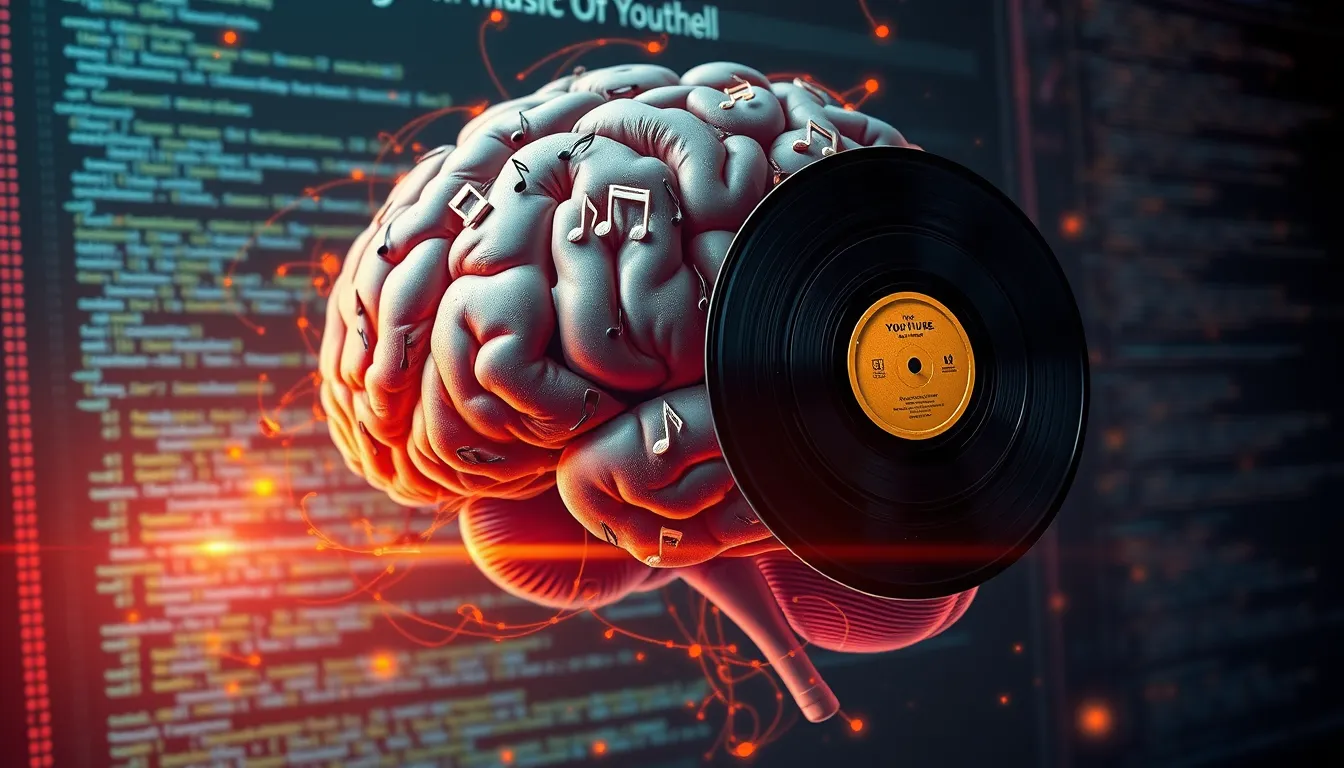Now Reading: Boosting AI Trust: Ethical AI and Transparent Regulation for a Better Future
-
01
Boosting AI Trust: Ethical AI and Transparent Regulation for a Better Future
Boosting AI Trust: Ethical AI and Transparent Regulation for a Better Future

Boosting AI Trust: Ethical AI and Transparent Regulation for a Better Future
In today’s rapidly evolving digital landscape, the establishment of AI Trust plays a critical role in the integration of cutting-edge technologies into our everyday lives. As emerging technologies reshape industries including healthcare, finance, and transportation, a growing public trust deficit challenges the widespread adoption of artificial intelligence (AI). This article examines how ethical AI practices, transparent methodologies, and robust regulation can address these challenges and restore public confidence.
The Challenge of AI Trust in a Digital Age
Artificial intelligence has the immense potential to drive innovation and efficiency in multiple sectors. However, concerns over data misuse, opaque algorithmic processes, and insufficient regulatory oversight have raised questions about ethical AI. Many technology experts and policy makers argue that without clear guidelines and accountability, the innovations of AI might become overshadowed by public skepticism. Here are the primary challenges:
- Lack of Transparency: The inner workings of many AI systems remain a mystery to users, leading to mistrust.
- Accountability Gaps: Defining responsibility in case of failures or ethical breaches remains problematic.
- Strict Regulatory Needs: The pace of innovation often outstrips the ability of regulatory bodies to adapt.
Building Ethical AI: Guidelines and Accountability
The key to surmounting these hurdles lies in establishing solid ethical guidelines for AI development. Stakeholders must consider both innovation and responsibility. A few foundational steps include:
- Implementing comprehensive ethical AI guidelines that address data privacy, consent, and fairness.
- Promoting transparency in how AI systems process data and arrive at decisions.
- Instituting accountability measures to track and address any misuse or bias in AI applications.
Technological thought leaders stress that restoring public confidence is not merely a technical issue; it is also deeply rooted in ethics. When reliable standards are in place, organizations can create systems that are both innovative and accountable.
Addressing the Public Trust Deficit in AI
The debate over AI trust is intensified by several high-profile incidents ranging from data breaches to biased decision-making. These events have left the public wary and have sparked calls for a tighter fusion of innovation with ethical oversight. Experts believe that re-educating and informing the public about the benefits as well as the risks is essential to bridging the trust gap.
Restoring Confidence through Transparency
One of the most effective ways to restore public trust in AI is by demystifying the technology. Here are some strategies that can be implemented:
- Clear Explanations: Offer simple, jargon-free explanations of AI system processes.
- Open Data Practices: Whenever possible, share non-sensitive data and methodologies to showcase how algorithms work.
- Public Forums and Workshops: Engage communities through educational initiatives, webinars, and interactive sessions. Organizations like the IEEE regularly host events that shed light on how AI systems are designed and regulated.
These approaches not only demystify complex AI systems but also demonstrate a commitment to ethical AI practices, thus reinforcing trust.
Balancing Innovation and Regulation
Achieving the right balance between fostering innovation and ensuring responsibility is an ongoing challenge. Rapid technological advancements can sometimes outpace the regulatory frameworks designed to protect public interests. However, this challenge also presents an opportunity for collaboration among developers, regulators, and the public. Essential to this balance are clear ethical guidelines that not only support technological innovation but also safeguard user rights.
Integrating AI Trust and Ethical AI in Key Sectors
Different industries face unique challenges regarding the integration of AI. Two prominent sectors where the balance between innovation and ethical integrity is critical include healthcare and finance.
In healthcare, AI is revolutionizing diagnostics and personalized patient care. However, issues related to patient data privacy and algorithmic bias could impede these advancements. For example:
- Ethical Implications: Ensuring that AI systems do not inadvertently favor or discriminate against any group.
- Patient Confidentiality: Maintaining strict standards to protect sensitive health information.
- Regulatory Oversight: Collaborating with government bodies to create adaptive frameworks that secure innovation without compromising ethical standards.
Similarly, in finance, the integration of AI-driven automated decision-making systems must uphold fairness and accountability. Here, ensuring AI trust is not only a matter of technological efficacy but also of ethical obligation:
- Transparency in Decision Processes: Clear rationale behind credit scoring or risk assessment algorithms.
- Continuous Monitoring: Regular audits to ensure that AI systems remain unbiased and secure.
- Collaborative Regulation: Partnerships between tech companies and regulatory authorities to update and enforce standards continuously.
Future Directions and the Road Ahead
Looking forward, it is clear that the journey to restore AI Trust will require ongoing adaptation and dialogue among all stakeholders. As innovation advances, so too must the principles of ethical AI. In this context, several forward-thinking recommendations have emerged:
- Prioritize Transparency: Both developers and regulatory bodies need to work together to ensure that ethical standards are not just theoretical, but actively implemented in technology design.
- Foster Public Engagement: Broaden the conversation around AI ethics to include diverse voices from various sectors of society.
- Promote Global Collaboration: As AI is a global phenomenon, guidelines and regulations should be as well. International cooperation can help harmonize standards and promote universal trust.
In conclusion, the evolution of AI is contingent upon our ability to balance innovation with robust ethical standards. By focusing on strategies to improve transparency, accountability, and public education, society can restore confidence in AI and harness its full potential. The implementation of ethical AI guidelines and transparent regulation not only mitigates the risks associated with rapid technological change but also lays the foundation for a future where AI Trust and Ethical AI are integral to technological progress. This holistic approach is essential if AI is to serve as a force for good, driving advancements that benefit all sectors of society and paving the way for a more secure and equitable digital future.

























